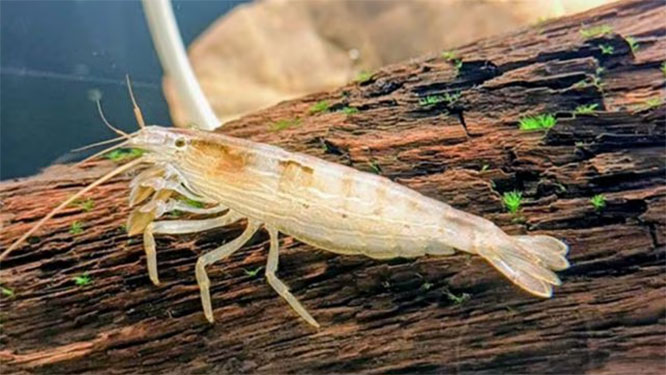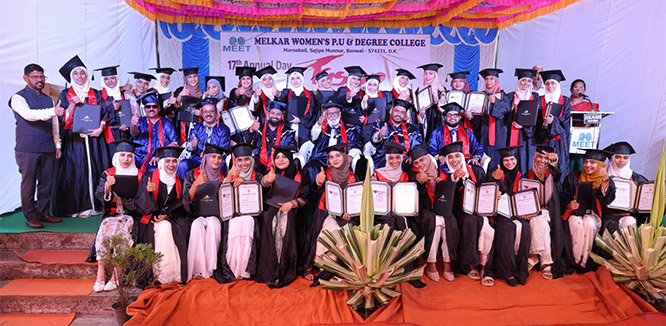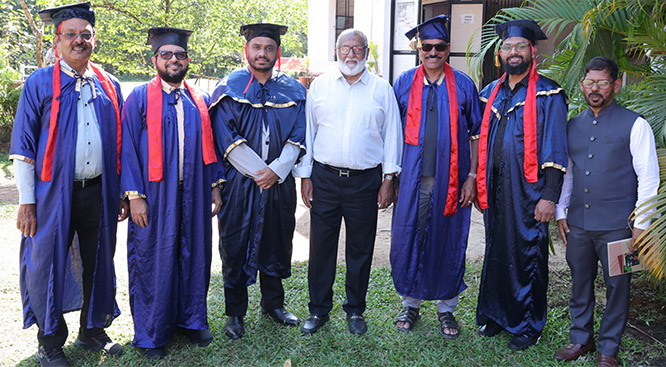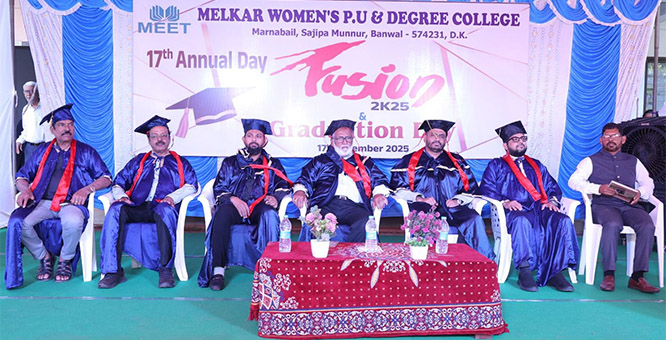Manila, Oct 23: Migrant domestic workers from many countries in the United Arab Emirates (UAE) are beaten, exploited and trapped in forced labour situations, Human Rights Watch said in a report released Thursday.

The 79-page report documents how the UAE visa sponsorship system, known as kafala, and the lack of labour law protections leave migrant domestic workers exposed to abuse.
Domestic workers, mostly from Asia and Africa, cannot move to a new job before their contracts end without the employer's consent, trapping many in abusive conditions, the US-based rights body said.
Labour-sending countries don't fully protect the workers against deceptive recruitment practices or provide adequate assistance to abused nationals abroad, it said.
"The UAE's sponsorship system chains domestic workers to their employers and then leaves them isolated and at risk of abuse behind the closed doors of private homes," said Rothna Begum at Human Rights Watch.
"With no labour law protections for domestic workers, employers can, and many do, overwork, underpay, and abuse these women."
Human Rights Watch interviewed 99 female domestic workers in the UAE as well as recruitment agencies, lawyers and others.
Human Rights Watch sent letters to 15 UAE ministries and bodies in January, April and August to seek information, request meetings and present its findings but received no response.
The UAE government did have a short meeting with Human Rights Watch representatives in September but did not address any domestic worker issues.
Domestic workers told Human Rights Watch about not being paid, not having rest periods or time off, being confined in the employer's homes, and of excessive workloads, with working days of up to 21 hours.
They described being deprived of food and reported psychological, physical and sexual abuse.
Many said their employers treated them like animals or as if they were dirty and physical contact with them would be contaminating. In some cases the abuses amounted to forced labour or trafficking.
"My boss started hitting me after two weeks of being there," one worker said.
"She hit me with her fist to my chest. She scraped her fingernails to my neck, and slapped my face. I was bruised on my neck. She sometimes pulled out tufts of my hair." The worker said she remained there, hoping to be paid, but never was.
At least 146,000 female migrant domestic workers - possibly many more - from countries such as the Philippines, Indonesia, India, Bangladesh, Sri Lanka, Nepal and Ethiopia work in the UAE.
Some embassies or consulates in the UAE do not have shelters or adequate staffing to deal with abused domestic workers.
In June 2014, the UAE authorities revised the standard domestic worker labour contract to require a weekly day off and eight hours of rest in any 24-hour period.
However, the contract does not address other issues such as limits on working hours and is weaker than labour law protections for other workers that are enforceable by judicial authorities.









Comments
Add new comment